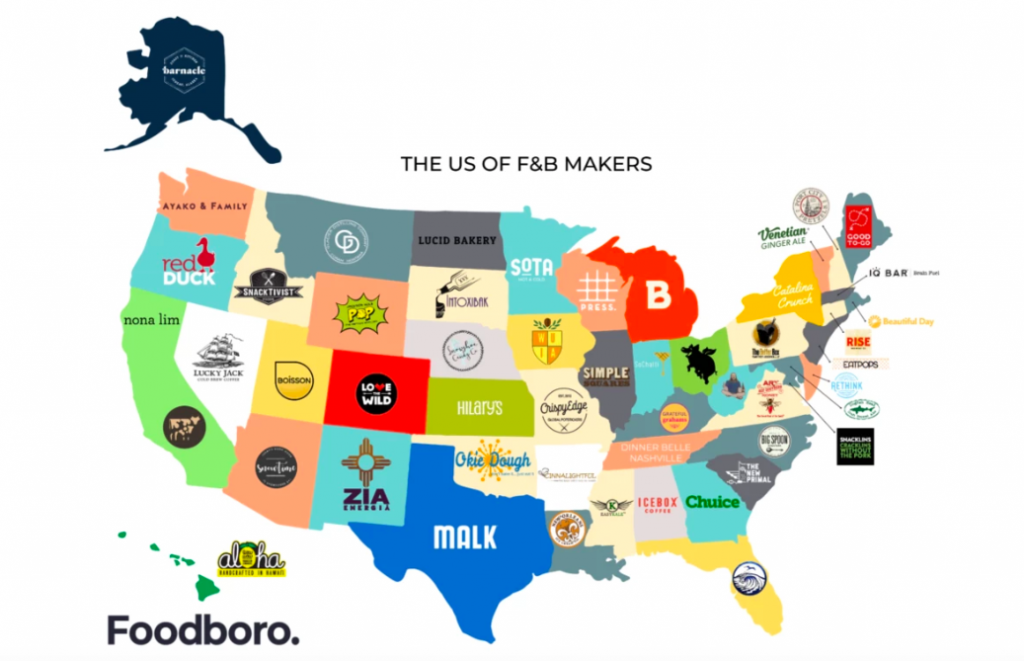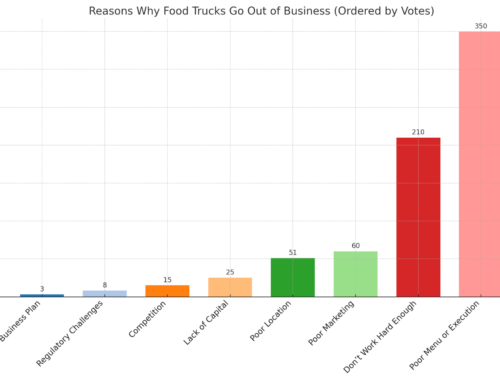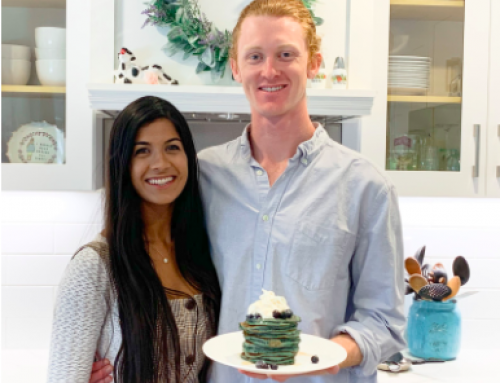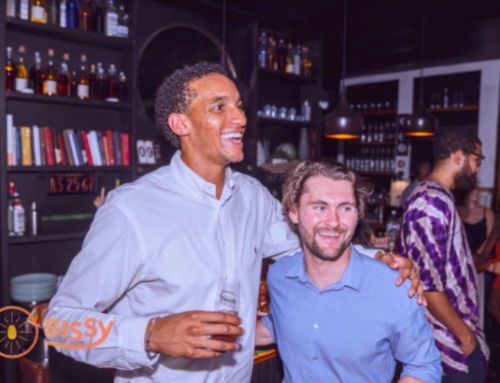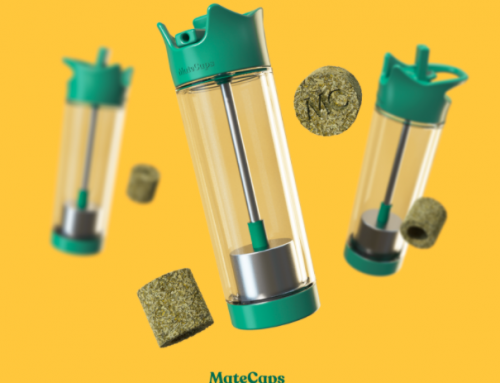Hello! Who are you and what food business did you start?
1-Hi my name is Joni and I am the founder of Snacktivist Foods. We sell a line of baking mixes, specialty flours and finished cookies made from healthy, sustainable ancient grains.
Our flagship line includes Ivory Teff Waffle Mix, Dark Chocolate Brownie Mix, Rosemary, Garlic Focaccia Mix made from Sorghum and a special Brownie Chip Cookie made from Millet. Our products are vegan, gluten-free and dedicated to developing sustainable supply chains with farmers. We work with both foodservice and retail customers as well as selling our products on-line.
When we launched Snacktivist Foods I was still working as a registered nurse (RN) in our local hospital and raising 3 kids. It wasn’t until last winter that I dedicated myself to growing Snacktivist into a full-time enterprise.
We just secured an awesome relationship with a regional distributor, launched a product at Albertson’s and will be raising our first real round of seed money just after the holidays so we can pursue these opportunities.
What are your current revenue numbers?
We are still a tiny company making well under the $100,000 mark but 2020 will be our “hockey stick” growth year and we are expecting to increase our sales 6-10 fold next year. Our first years were under $20,000 a year in sales so we are proud to be making baby steps!
Food manufacturing is very capital intensive and so much time, work and money has to be invested just to create a product that can hit the mass market.
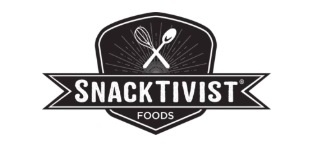
We had to turn away some amazing opportunities in the beginning because we did not have the certifications we needed to do business with large companies like Whole Foods, they found us and gave us a contract and we could not do it.
It was very frustrating. But now we have the partners we need to get great contracts and scale successfully.
How did you come up with the idea for Snacktivist?
A few years back I found myself in a situation when our family’s health was making it difficult to eat regular American food, you know the kind of things a typical kid enjoys at baseball post game parties, school etc like pizza, cookies, sandwiches, etc.
I am allergic to eggs, my son and I can’t tolerate wheat, my daughter is lactose intolerant. We are basically the family that no one wanted to invite over for dinner.
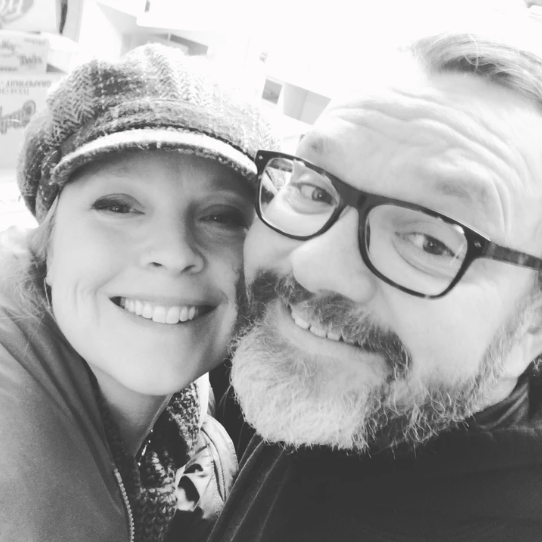
I could not eat most of the existing gluten-free options on the market because of eggs and way too much xanthan gum which is hard to digest and gives gluten-free products a gross, slimy mouth feel. Most of the recipes I tried were total fails.
Furthermore, the ingredients in many of these products were devoid of nutrition; just empty calories from rice, starch and sugar which is not my idea of healthy.
So I began researching more intensely into ancient grains and how to create incredible foods from these nutritious flours. This is where my previous career came in handy as I have a background in Ethnobotany and Ethnopharmacology, so I already had a great background in natural products chemistry and plants.
I was able to develop products that had texture that was almost unheard of in the gluten-free, vegan world without adding in a bunch of weird, processed ingredients.
Related Reading: How I Started a $150k/Month Tahini Paste Company
Importantly, I also became very passionate about the role that ancient grains can play in the revitalization of our agriculture. Rebuilding of our nation’s farming soil is critical can actually help fight climate change. We need more foods that use these alternative crops to help fuel the transition to more regenerative agriculture system.
When this all came together, it became more of a mission than just to start a business. I view Snacktivist as a manifestation of my life’s work. Mending the food system is the only way we can make a lasting impact on health.
Funny enough, I came up with the actual business idea while attending a “Start-up Week” event in Spokane on Gonzaga University Campus in 2015. I signed up just to get away and feed my brain for a weekend.
They invited the audience to get up and pitch so I told them my idea of a food company that would change the food system for the better, making healthy products. This was the birth of Snacktivist Foods. My husband jumped on board as co-founder and we have worked on it ever since.
But of course, in typical start-up fashion, we started our company when we had no financial security, 3 little kids, student loan debt, had lost our life’s savings in the 2009 financial crisis….. And then the month before I tried to launch, I developed a serious infection in the bone behind my ear that gave me a year of terrible vertigo, major medical bills and other issues following the surgery.
In addition, at this same time my Dad’s health rapidly deteriorated and he passed away. These experiences negatively impacted the growth our our business and set us back a couple of years. which all happened while having three young kids and demanding jobs as ER/ICU nurses.
To be honest, there have been so many times that I think “why am I doing this? This is the hard road to be sure”.
But every time I would get out and do a demo to the public, I would hear such amazing things from people who were loving our products and how dietary changes have improved their life. We started to pick up local health food store accounts, it was exciting.
Then I talk to farmers who are so excited to find a value-added partner that can make amazing foods out of non-commodity crops that help break the chain of pesticide and fertilizer dependency.
This is when I realize that we are building a movement and a legacy that extends beyond our family. I look at how far we have come and we have basically built an entire brand from nothing with a lot of hurdles.
But it has been hard to establish a food brand totally bootstrapped because everyday you feel like you are trying to race in the Indie 500 in a pinto! Food manufacturing is expensive, brand building is expensive so we are scrambling to keep going and to get to the point where we can actually compete at a national level.
Even last week, our company car was totaled in an accident where I was struck by someone who ran a stop sign. We will not get enough from insurance to replace our car, I may have to return to nursing while trying to scale our company to the next level.
There are times when for a moment it seems logical just to give up, but we keep fighting because I believe in what we are doing.
Take us through the process of developing, testing, and producing your first product.
Our original product design began in our kitchen. Blending things over and over again, tasting, taking them to work and having the hospital staff taste them. That was the beginning.
Then, because it is food we had to find a certified kitchen, get health permits, FDA approval of our packaging etc. It was a lengthy process. We live in a city of only 45,000 people so we had to go to another city which is actually in another state to find a gluten-free kitchen.
We had found a great and affordable graphic designer to work with who had made us a great logo. Jumping through all the legal hurdles was intimidating as we could not afford a lawyer.
We also utilized SNAP/Women’s Business Center extensively and they provided great coaching and advice. SBDC consultants were also a wonderful resource for us.
The kitchen wasn’t well heated in the winter and we were usually there at night so we had to bundle up. Our kids would usually come along too and sit in the little office area and color or watch movies while we worked but we were grateful for a space to launch our company.
The first ever public event was at Vegfest in Spokane, WA and I showed up with dry mixes to sell but the health department would not let us give out samples. People were super excited about our products and this let us know that there was interest in what we were doing.
Describe the process of launching the Snacktivist.
In the beginning I would pick up extra shifts at the hospital to pay for purchases of things like business cards, packaging, etc. We got a line of credit from the bank to help which ended up getting maxed out way too quickly.
In the early days we were really focused on getting new customers in the retail indie sector but we quickly learned that without demo support, the accounts would not be very successful because people are reluctant to buy something new that they have never tried.
Early on we were approached by Whole Foods, they loved our line but we did not have 3rd party safety audits like SQF, etc and to get one was very expensive.
This is when we realized that we had to secure a co-packer with these certifications. That has been the most time-intensive, expensive, difficult process. Little company’s are never in a good position to negotiate. But 3 years later, we finally have an SQF facility.
I built a Shopify website myself which was quite the learning curve but it saved a ton of money. I would have loved to do a Kickstarter but I have never had the time to invest. It is on our priority list and we are doing it next year.
Since launch, what has worked to attract and retain customers?
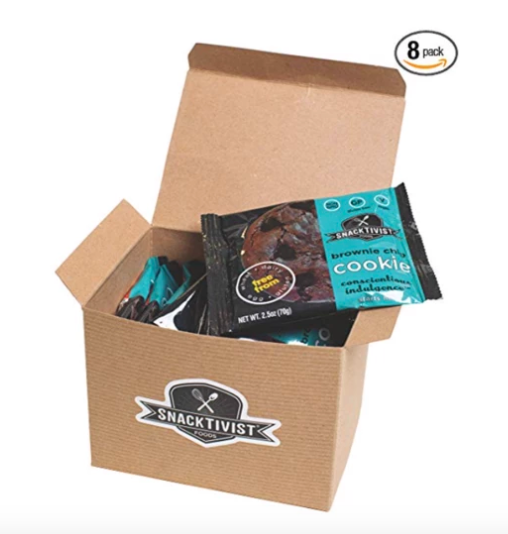
I think for us that our uniqueness has really created a loyal following, our products are very different that the competitors. We have had very little capital to invest into marketing which has been very difficult.
We have social media accounts and have ran a few ads. But earned advertising has been the best. Our Amazon store is doing well right now, it is the busy time of the year for us.
I used to send out newsletters, blog posts and recipes but have not had time over the last year because of trying to up our production game, all my extra time in front of the computer is being spent doing other things.
Making sure that your team members have super great PR and Email skills is so important as we lost a couple of customers and almost a co-packer due to someone not having the most velvet hammer approach. So now I realize that you actually have to be really explicit about that stuff.
I also want to add that finding dedicated staff is super important because people will tell you what you want to hear, say they will do x,y,z then not be accountable to it and you get stuck doing it all yourself but after the deadline has passed.
This has been our number one issue as a company. Holding people accountable for what they say they will do. It is tough especially when your staff isn’t full time or working remotely.
How are you doing today and what does the future look like?
We are quite a ways away from profitability, to be honest, this is a very expensive industry to get into and to try to compete in. When I first started, the very first copacker I spoke to basically laughed at me and said “you won’t get anywhere until you have burned through $250,000-500,000, it is just impossible.”
Of course, being naive and inexperienced, I thought I could prove him wrong but he is right. And according to some insider info I saw, most brands in our space don’t reach profitability until they have raised $8 million in capital. I still think I can beat these numbers but it is going to take some very hard work.
Plus, we have had to split our focus to help offset the seasonal fluctuation in the retail and consumer sales side of the dry mix business. We are very focused on food service contracts and launching our ready to enjoy cookie line which has a more year-round steady cash flow.
Basically the problem is that when you are little, everything costs more because you are not a known quantity with huge annual purchasing. So, you pay premium for everything, that is why even at higher prices, you are still barely making the margins you need.
Related Reading: How I Sold over 130,000 Bottles of Switchel
We have been lucky enough to develop relationships with great copackers that are willing to work with us but we are still in the battle of the minimum run size equation. We feel optimistic that this year will be the year we really take off.
For now, the hardest thing is only having myself working full time, I am basically managing 5 departments which is really like multiple full time jobs.
You run so hard but everyday, the list of things to do gets longer rather than shorter. It can be very demoralizing at times but once we can bring on more qualified help at full-time capacity we will finally be able to breathe a little.
What have you learned through starting Snacktivist?
Timing is everything. I know people in the Keto space right now that have blown up so quickly just because it is so on trend. Our timing was very terrible mainly because of not being able to start quickly due to limited capital and having a full time job plus kids that were not old enough for school.
We don’t have family around and were not in the financial situation to afford much in the line of childcare so that really slowed our early growth.
We missed the gluten-free “wave” due to this and a few other unfortunate events but because our company is more about redefining the grain industry than just gluten-free, it is ok. We are also on trend with the Vegan movement so that is helping.
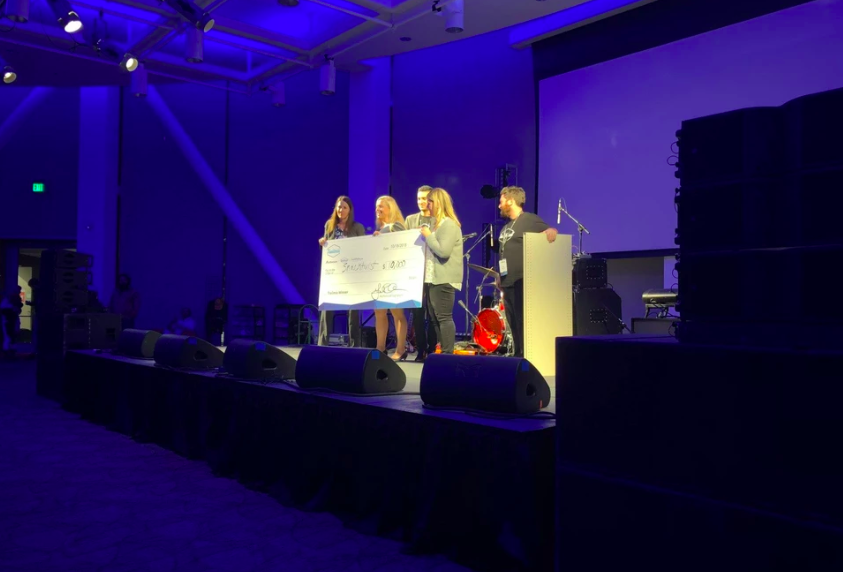
I wish I would have taken an accounting, bookkeeping class before hand. I have spend so much wasted time just trying to fix things that were done wrong to begin with due to not knowing how they should be done.
What tools do you use to operate your business?
We have to have a dedicated and approved kitchen to make things in- all of our products are produced there, rebagged there or stored there after delivery from a co-packer.
This year we invested a ton of money, time and resources into shifting all of our systems over to cloud based, scalable programs. So, project management, CRM, inventory, bookkeeping etc. It is all cloud based since we will likely be a team with remote members.
It is hard to make the commitment to shift to these more sophisticated systems is stressful for sure, but once they are really working it makes life so much simpler down the road.
We do our project management in Monday.com. I like it because of the CRM and archive/database function of it. Asana is good too, we used it for about a year but the team did not like or use it so we switched.
We took the plunge on Cin7 for inventory, EDI, PO, SO, CRM and it is a brilliant program but wow, is it hard to learn when you are busy doing so many other things.
We did not really implement it very well as the two people working on it did not communicate well. It was a disaster and we are still trying to fix everything. Live and learn I guess.
Coeur d’alene is a small town with little infrastructure for a food business so working remotely is key. However, building and implementing these systems was much harder than we thought. The push back from some of our initial employees made it hard to implement.
What have been the most influential podcasts or books?
“How I Built This with Guy Raz” is a necessity! It always makes me feel better.
I learned a ton taking classes at the SNAP Women’s Business Center and also doing a business accelerator.
Tips for other food entrepreneurs?
Hire a food scientist right off the bat to assist you with shelf life, FDA compliance, nutritional labels etc. It saves so much headache down the road and will help with recalls, etc.

